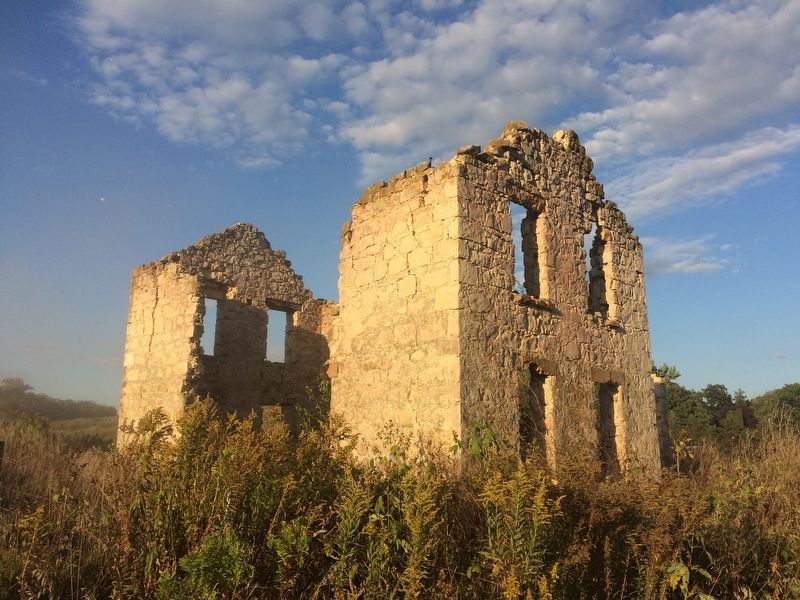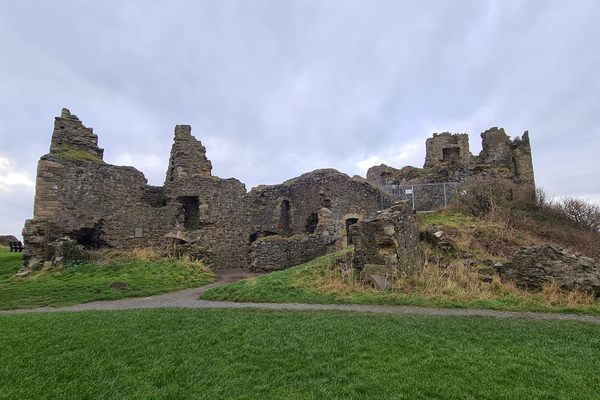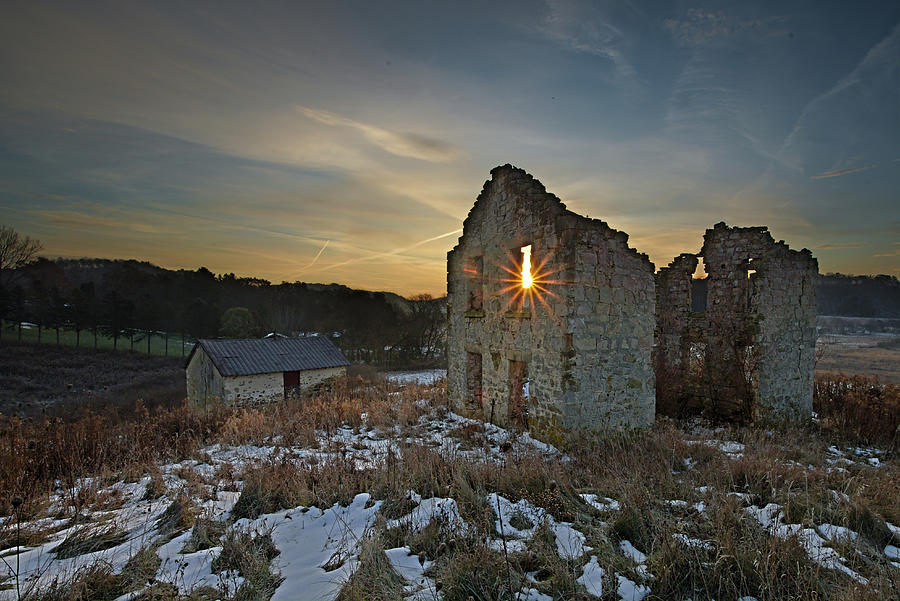Nestled in the picturesque countryside of Cross Plains, Wisconsin, the Matz Farmstead Ruins offer a fascinating journey into the agricultural history of the region. These decaying structures, once part of a thriving farm, now stand as an evocative reminder of a bygone era. In this article, we will explore the history, significance, and allure of the Matz Farmstead Ruins, shedding light on a chapter of Wisconsin’s past.
The Matz Farmstead was established in the late 19th century, at a time when agriculture was the lifeblood of rural Wisconsin. The farm was a microcosm of the region’s agrarian society, and it thrived through a variety of crops and livestock, including dairy cattle, poultry, and grain. Over the decades, the Matz family, like many others, toiled to maintain and improve their farm, contributing to the state’s vibrant agricultural heritage.

As the 20th century progressed, changes in agriculture, shifts in technology, and the migration of rural populations to urban areas began to transform the landscape. The Matz Farmstead, like numerous other family farms, struggled to adapt to these changes. Eventually, the farm faced financial challenges, and the family was forced to abandon the land. The ruins of the farmstead include the main farmhouse, barns, outbuildings, and remnants of a life once filled with hard work, dedication, and the dreams of a prosperous farming future. The decaying structures now hold an eerie beauty, offering a poignant reminder of the challenges faced by rural communities during a period of agricultural transformation.

Despite the deterioration of the Matz Farmstead, efforts have been made to preserve its memory. Local historical organizations and community members have worked to document the history of the farmstead and the families who lived there. Interpretive signs have been placed near the ruins, providing visitors with insights into the farm’s history and its role in the local community.
The Matz Farmstead Ruins are more than just decaying structures; they are a portal to a different time. Visitors can explore the remnants of the farm, imagine the daily routines of the Matz family, and reflect on the challenges and triumphs of a bygone era. The rustic beauty of the farmstead’s ruins set against the backdrop of the Wisconsin countryside creates a serene and contemplative atmosphere for those who seek to connect with the region’s history.

The Matz Farmstead Ruins are located in a region of Wisconsin that boasts a diverse array of recreational activities, including hiking, birdwatching, and wildlife photography. The surrounding landscapes offer ample opportunities for outdoor enthusiasts to explore the natural beauty of the state while immersing themselves in its rich historical tapestry.
The Matz Farmstead Ruins in Cross Plains, Wisconsin, stand as more than just a collection of decaying buildings; they are a window into the state’s agricultural past. As visitors explore these evocative ruins, they gain a deeper appreciation for the challenges and transformations that rural communities faced during the 20th century. The Matz Farmstead Ruins serve as a testament to the resilience of Wisconsin’s agricultural heritage and offer a serene and contemplative setting for those seeking a connection to the past.
